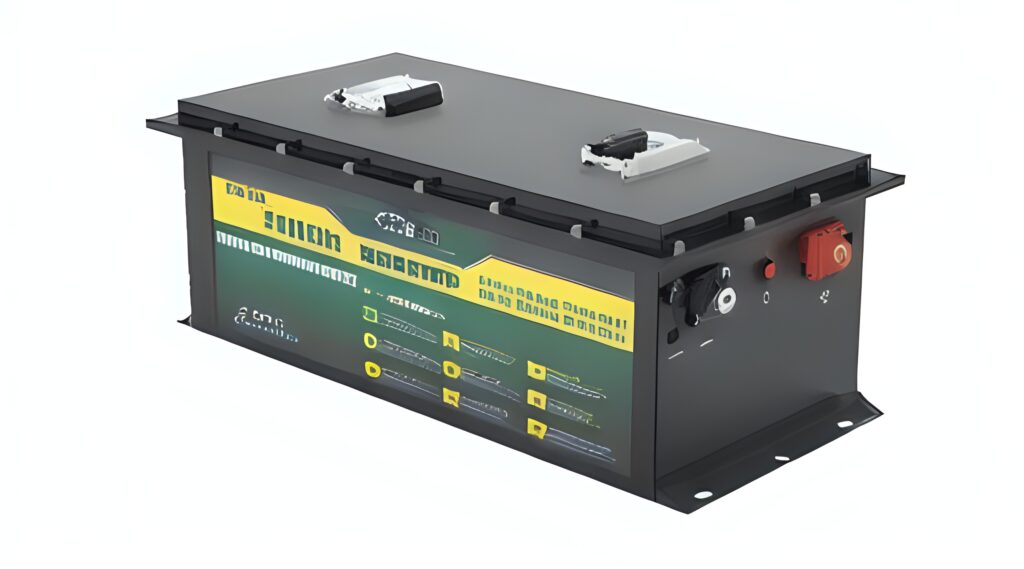
Electric Utility Vehicle Battery Manufacturers
Listing Category by product
Electric Utility Vehicle Batteries: Powering sustainable industrial solutions
Electric utility vehicles are revolutionizing industries like maintenance, logistics, and landscaping with efficient, eco-friendly solutions. At the heart of these vehicles lies the electric utility vehicle battery, designed for durability, performance, and sustainability.
Key insights into Electric Utility Vehicle Batteries
1. Battery yypes
- Lithium-ion (Li-ion): Preferred for high energy density, lightweight construction, and long lifespan.
- Alternatives: Lead-acid and nickel-metal hydride (NiMH) batteries are also used for specific applications.
2. Voltage and capacity
- Versatile options: Voltages range from 24V to 72V, with capacities spanning a few to tens of kilowatt-hours (kWh), tailored to different vehicle models and tasks.
3. Range and performance
- Extended operation: High-capacity batteries provide longer ranges, ensuring uninterrupted work shifts.
- Smart systems: Advanced battery management systems maximize efficiency and performance.
4. Charging solutions
- Flexible charging: Rechargeable via standard outlets or dedicated charging stations.
- Fast-Charging: Reduces downtime, essential for demanding industrial schedules.
- On-site options: Includes wall-mounted or portable chargers for convenience.
5. Durability and reliability
- Industrial-grade design: Rugged enclosures, thermal management, and sealed protection against dust, water, and vibrations ensure longevity.
- Predictive maintenance: Diagnostics tools optimize battery health and lifespan.
6. Cost efficiency
- Lower TCO: Despite higher upfront costs, electric utility vehicles offer reduced fuel, maintenance, and operational expenses over their lifetime.
7. Environmental benefits
- Zero emissions: Clean energy-powered vehicles drastically cut greenhouse gases and air pollution.
- Eco-friendly operations: Help industries reduce their carbon footprint and meet sustainability goals.
8. Future Innovations
- Advanced Technologies: Solid-state batteries and enhanced chemistries promise better energy density and efficiency.
- Renewable Integration: Charging systems integrated with renewable energy and smart grids will optimize energy use and sustainability.
Driving industrial efficiency and sustainability
Electric utility vehicle batteries are pivotal to the transition towards sustainable industrial operations. With advancements in technology and infrastructure, these batteries ensure reliability, cost-effectiveness, and environmental responsibility, reshaping how industries approach transportation and logistics.













